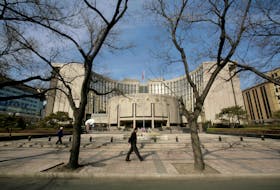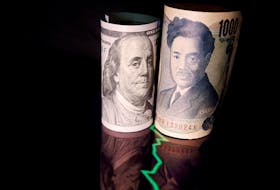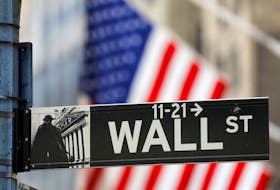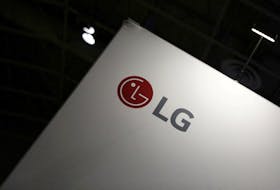By Huw Jones
LONDON (Reuters) - Bans on the short-selling of shares when stock markets are experiencing extreme volatility gives the impression of a decisive response without achieving any useful result, the World Federation of Exchanges (WFE) said on Monday.
Several European Union countries, including Spain, Italy, France and Belgium have banned short-selling, a practice that critics say can exacerbate market moves when there is panic selling.
Short-selling allows traders to borrow a company's stock with a view to selling it so they can hopefully buy it back later at a lower price and pocket the difference.
In an unusually blunt statement, the WFE, a global umbrella group for exchanges and clearing houses, said stock markets already had safeguards like circuit breakers to slow trading down during bouts of extreme volatility.
"Banning short-selling interferes with price formation, thereby increasing uncertainty," WFE Chief Executive Nandini Sukumar said in a statement.
"It is not – and never has been – true that bans have any other, positive effect on market activity or price levels."
Britain has refused to ban short-selling, saying there is no evidence that it is a driver of market routs. The United States has also not introduced a ban, but traders said Germany has been under pressure to impose a ban but has so far resisted.
"Falling prices indicate that companies are expected to be less profitable in the future," WFE said. "But even in a declining market, short-selling is only a small part of market activity, notably compared with sales of existing long positions."
Deutsche Boerse in Frankfurt said on Monday there was no economic justification for banning short-selling as markets were working very well.
"The current price deviations reflect the strongly divergent expectations of market participants due to the corona crisis; they are not the result of covered short selling," said Thomas Book, an executive board member at Deutsche Boerse.
FIA European Principal Traders Association, which represents trading firms that trade with their own money, said it had asked German markets regulator BaFin not to introduce a ban on short-selling.
"We would caution BaFin and other public authorities in Europe against applying policy measures that risk introducing even greater stress into the system," the traders body said.
BaFin, which had no comment on Monday, has shown no sign of backing a ban.
(Additional reporting by Hans Seidenstuecker in Frankfurt; Editing by Alison Williams and Jane Merriman)








